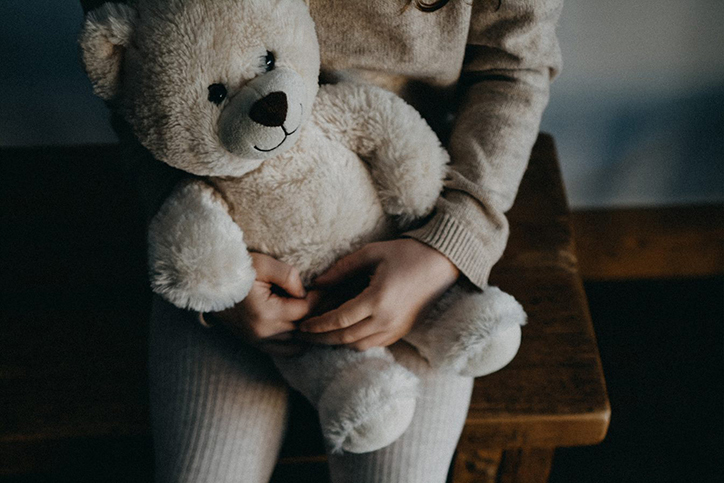Robert and Mary have a five-year-old daughter Chloe. Her cousin Joe died by suicide yesterday. When Chloe asks her parents how Joe died, what should they say? It’s challenging having those difficult conversations with children.
Suicide isn’t an easy conversation to have at any age, so what do you say to children? We’ll go over some tips.
When Should You Bring Up Suicide with Children?
You don’t generally need to have the conversation with children under 10 years old, per Dr. Dan Reidenberg, Psy.D., Executive Director of Suicide Awareness Voices of Education and managing director of the National Council for Suicide Prevention. However, there are certain circumstances, such as if they bring it up or show signs of depression or suicidal thoughts. You can be aware of behavior changes through FACTS: Feelings, Actions, Changes, Threats, and Situations.
According to Reidenberg, many parents are uncomfortable discussing it because they think it puts the thought in their child’s head. However, in an article by Make It Better, Reidenberg said “Research shows that [putting the thought in their head] doesn’t happen, and talking about suicide is not going to lead someone down that path or make them want to commit suicide.”
How Should You Bring Up Suicide?
When bringing up suicide, you should pick a time where you’ll have your child’s attention. It also should be in a comfortable location. You should plan out what you want to say beforehand — we’ll talk about this more in the next section.
It’s okay to tell them that it’s an uncomfortable topic, per the Society for the Prevention of Teen Suicide. You should encourage them to respond and be open-minded to their questions. Listen to what they have to say and don’t underreact or overreact to their response.
What Should You Say?
When having the conversation, in general, you should be simple and honest. However, you should choose your words carefully depending on the child’s age. Avoid clichés like “in a better place.” There have been instances of children as young as five years old trying to kill themselves to join their loved one in a “better place.”
These are examples of what to say at different age levels, per Dr. Deborah Gilboa, MD, family physician and parenting and youth development expert at Ask Doctor G:
- Toddlers and Preschoolers: “Uncle Bill was sick and he died. I’m very sad.”
- Age 5-6: “Uncle Bill was sick from an illness called depression. He died from it, and I’m going to miss him very much.”
- Age 7-9: “Uncle Bill had an illness called depression for many years. He died from his depression. I wish he’d been able to get more help.”
- Age 10-13: “Uncle Bill suffered from depression for years. Do you know anything about depression?”
- Teenagers: “Uncle Bill died of suicide. What do you know about depression?”
Gilboa recommends asking what they know about depression starting at age 10. With teenagers, you can ask more questions related to depression and say the word suicide. The older the child, the more likely they’ll ask you direct questions.





0 Comments